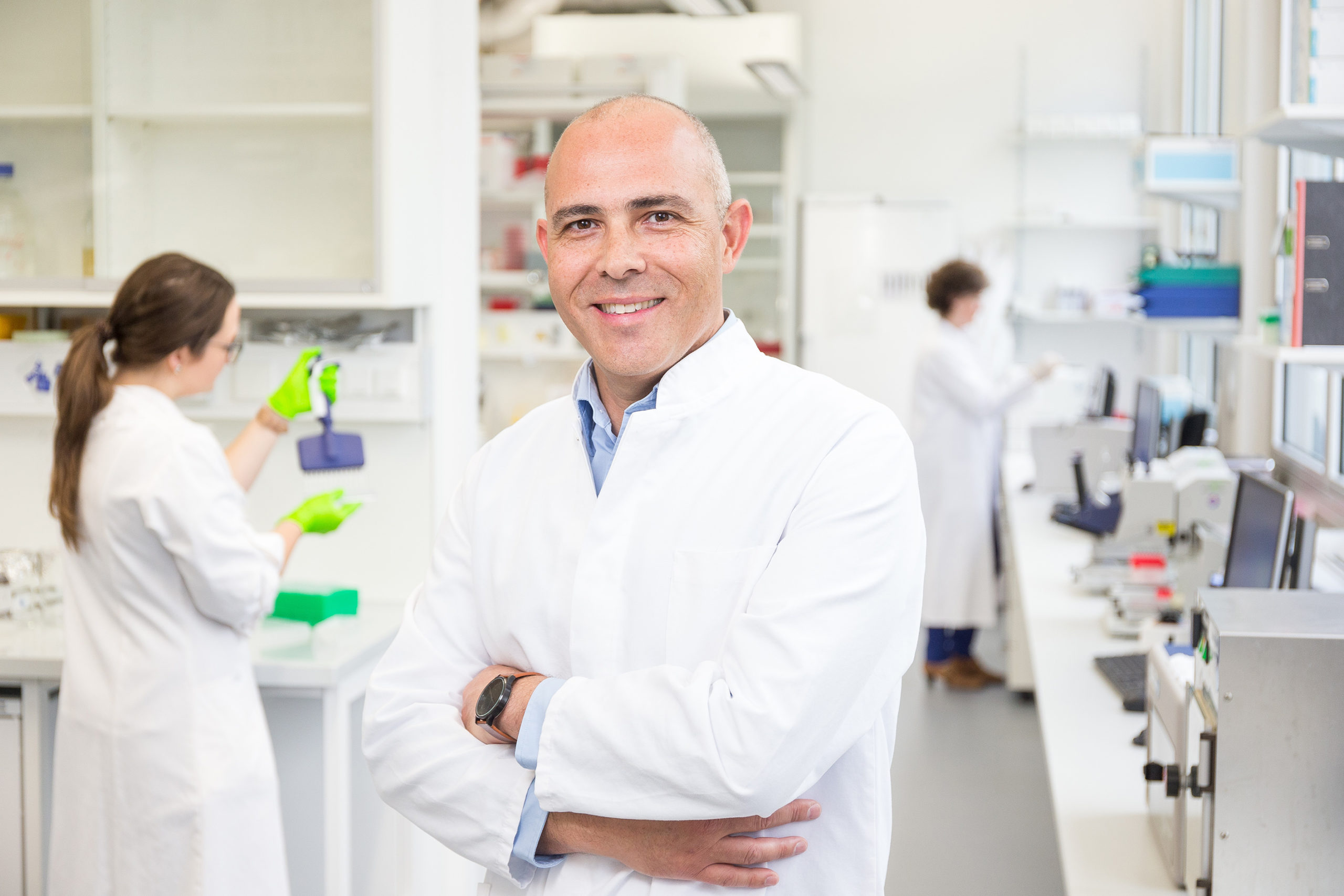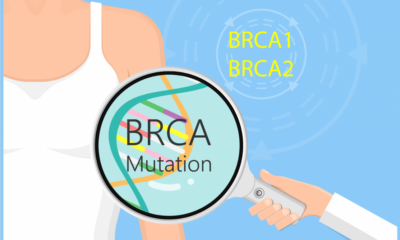
Featured Item

Weizmann Institute’s breakthroughs take fiction out of science
Who would have thought it possible to detect cancer with just a drop of blood? Or to make sense of the sequencing of the genome of the entire population of the United Arab Emirates (UAE) (1.3 million people)? Or even to create an embryo entirely from stem cells?
This isn’t science fiction or a storyline from The Big Bang Theory TV show. This is the work of Israel’s Weizmann Institute of Science, which strives to make the world better for humanity. The SA Jewish Report spoke to the institute’s president, Professor Alon Chen, on his recent visit to South Africa.
The Weizmann Institute has developed groundbreaking new medicine, algorithms, and devices, including the drug Copaxon® for treating multiple sclerosis and several other so-called “blockbuster drugs”. Its scientists invented encryption for credit cards and discovered fungi in cancerous human tumours.
In the pandemic, the institute was at the forefront of generating academic knowledge about the novel coronavirus. Its scientists analysed critical data to convince the American Food and Drug Administration and European authorities to provide the COVID-19 booster.
The institute was founded by Israel’s future president, Chaim Weizmann, in 1934. Originally named the Daniel Sieff Research Institute, its name was changed in 1949 to honour Israel’s great statesman and scientist.
Why did Chen take the job of president? “At first, I said ‘no’, believing that concentrating on my own scientific career was the right trajectory,” Chen said “But I was convinced to be nominated. Looking back now, I have this amazing opportunity to shape the application of science. We push where science needs to go. You can’t stand still in science – we’re driven by technology. But you have to invest in it, have strategic planning, and flexibility.”
Chen was born in Israel in 1970. “From an early age, I knew I wanted to work in science and nature,” he said. As a paratrooper in the Israeli army, he became intrigued by human behaviour, especially the effects of stress and trauma. He specialised in neuroscience, and after some years in the United States, returned to the Weizmann Institute in 2005. In 2013, he was appointed a director in the Max Planck Institute of Psychiatry and head of the joint Weizmann-Max Planck Laboratory for experimental neuropsychiatry and behavioural neurogenetics. Chen is head of neurobiology and brain sciences at Weizmann, and became the institute’s president in 2019.
The institute’s philosophy is to recruit the most outstanding scholars and give them the best environment and infrastructure, driven by modern science. About 70% of the faculty live on campus in Rehovot, just south of Tel Aviv.
“We focus on human talent. We look for scientific excellence,” Chen said. The Weizmann Institute only offers postgraduate degrees. About 70% of its post-doctoral students are international, hailing from 40 different countries. “Those scientists become the best ambassadors for Weizmann and for Israel,” he said. At Masters and PhD level, about 30% are from outside Israel.
“The concept is to foster collaboration, to give scientists the opportunity to interact,” Chen said. “We encourage academic freedom and curiosity. People must go with their dreams and think out of the box. In Israel, people are daring. They take risks. They challenge dogma and textbooks.”
Chen highlighted five key areas where he believes a critical mass of scientists is needed.
The first is the brain, the organ we know the least about. The Weizmann Institute studies neurological disorders – Parkinson’s, Alzheimer’s, depression – through more than 40 interdisciplinary research groups encompassing 600 people.
The second is Artificial Intelligence. This has changed the world already, Chen said, and will continue to do so. “It can do bad or amazing things,” he said. All departments at the institute use AI.
The third area is environmental sustainability – including studying global warming and climate change, biodiversity, food, and water security and pollution. There are 60 working groups in this area, from developing biodegradable plastic to studying marine bacteria that can eat plastic, to new strains of grain, fruit, and vegetables.
Fourth is infectious diseases and immunology. There are 40 000 viruses in animals that could affect the eight billion humans on the planet, and they will test our ability to cope with pandemics, Chen said.
Finally, a key area is astrophysics and particle physics. Weizmann works closely with various space agencies.
“The Abraham Accords have so many advantages for both sides,” Chen said, referring to the normalisation agreements that Israel has signed with four Muslim-majority states. “The [other countries] see Israel as an extremely successful country that generates knowledge in biotech and hi-tech. The Weizmann Institute is working with the Mohamed bin Zayed University of Artificial Intelligence in the UAE, exchanging postgraduate students, and this is only the tip of the iceberg in terms of potential collaboration. The UAE is sequencing the genetics of its entire population of 1.3 million over the next two years. The Weizmann Institute is negotiating to make sense of all this data. We hope the Saudis will soon join the accords. It could really change the Middle East when countries see the benefits of working with Israel rather than fighting it.”
Chen and his team came to South Africa first and foremost to recognise and thank a longstanding supporter and friend of the Weizmann Institute, the 94-year-old David Lopatie from Johannesburg. They also used the opportunity to raise awareness about the Institute. This included meetings with the Universities of the Witwatersrand and Cape Town. “We found a most interested audience which would like to co-operate and explore scientific collaboration for the benefit of the local South African community as well as humanity at large,” Chen said.










